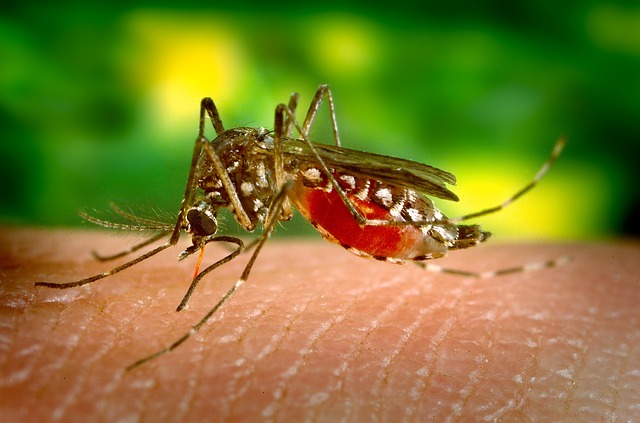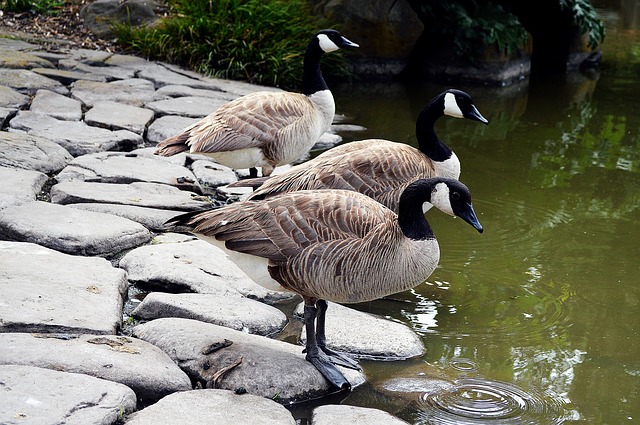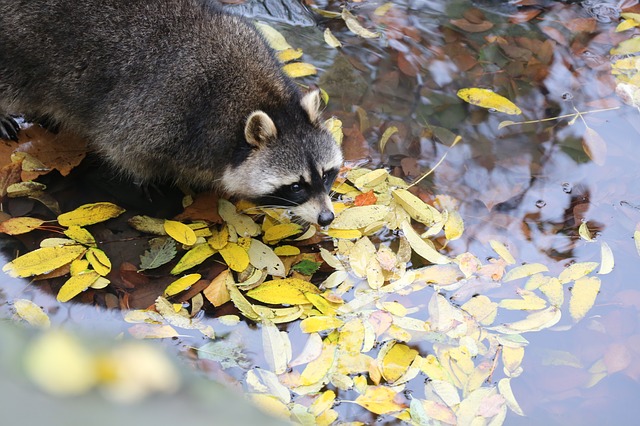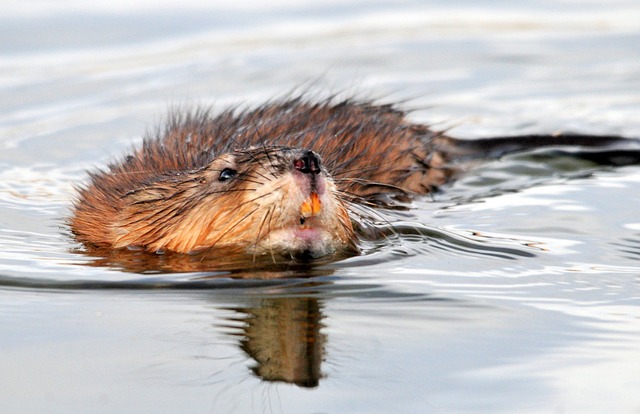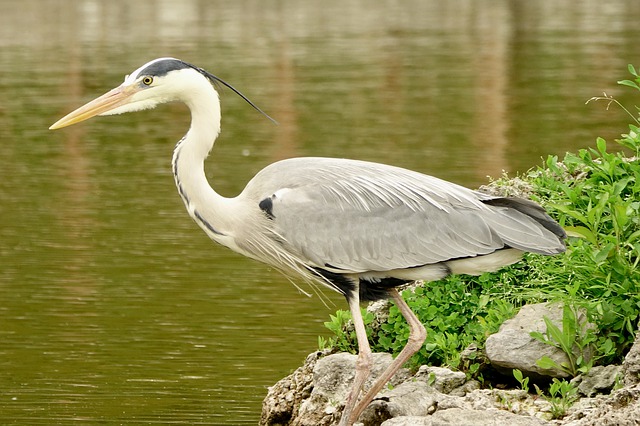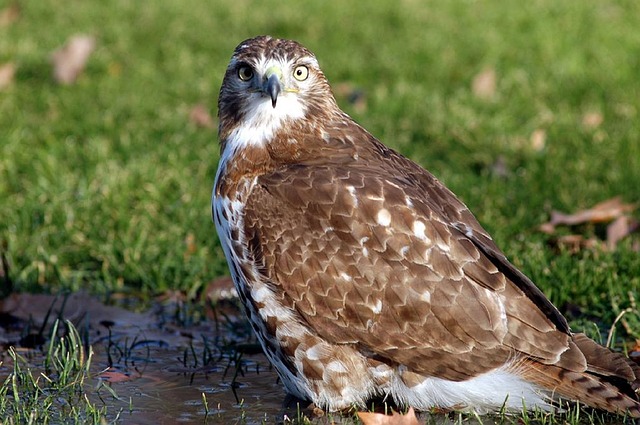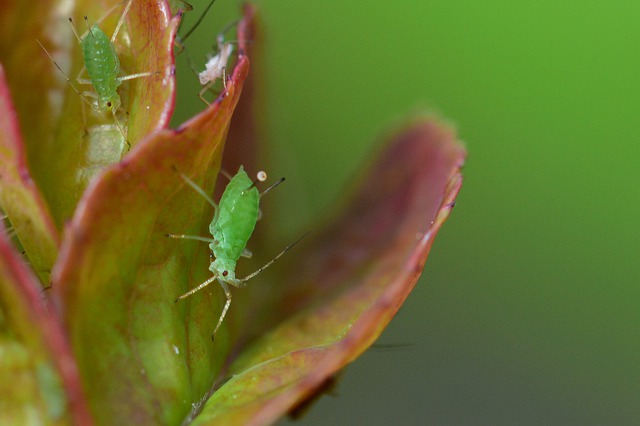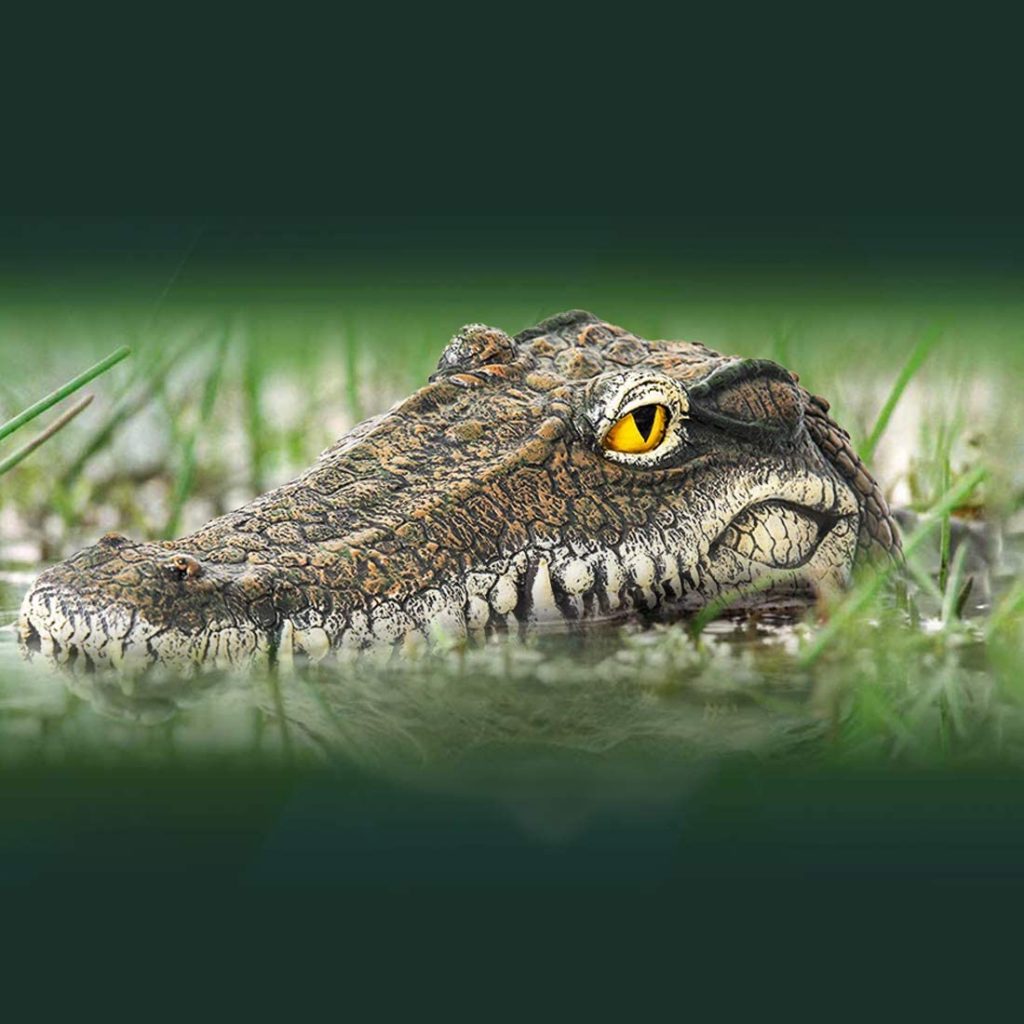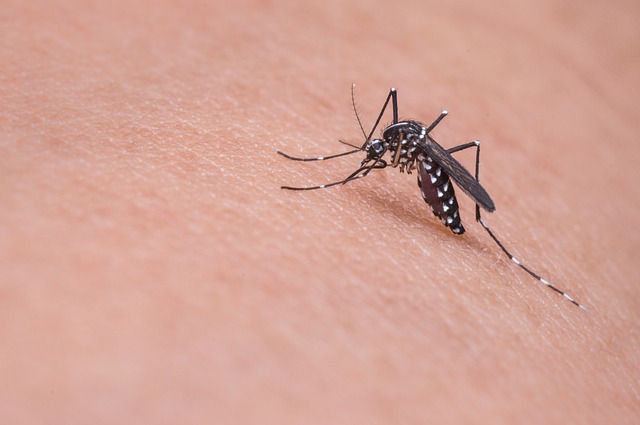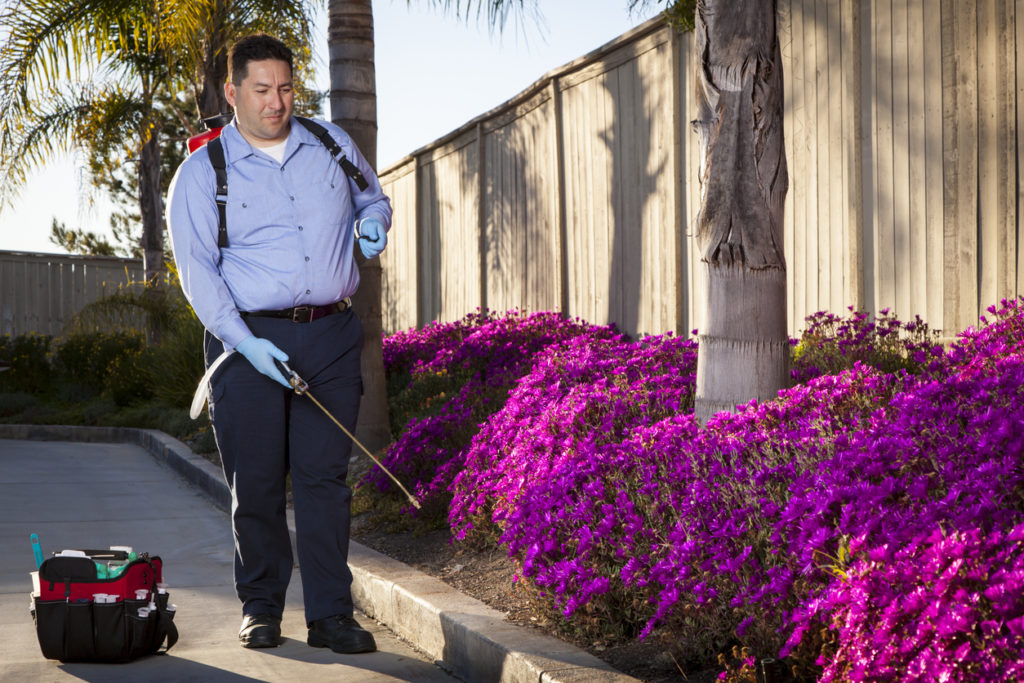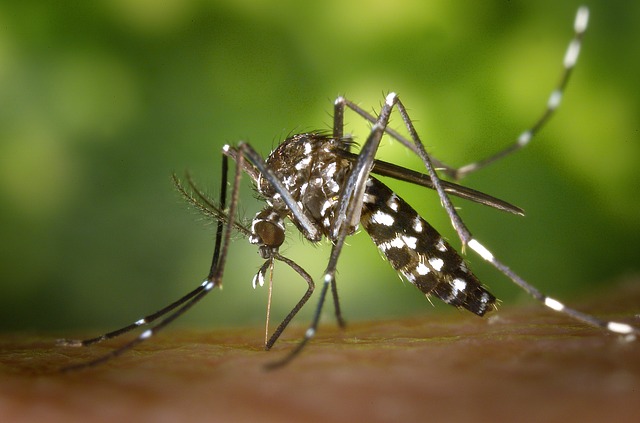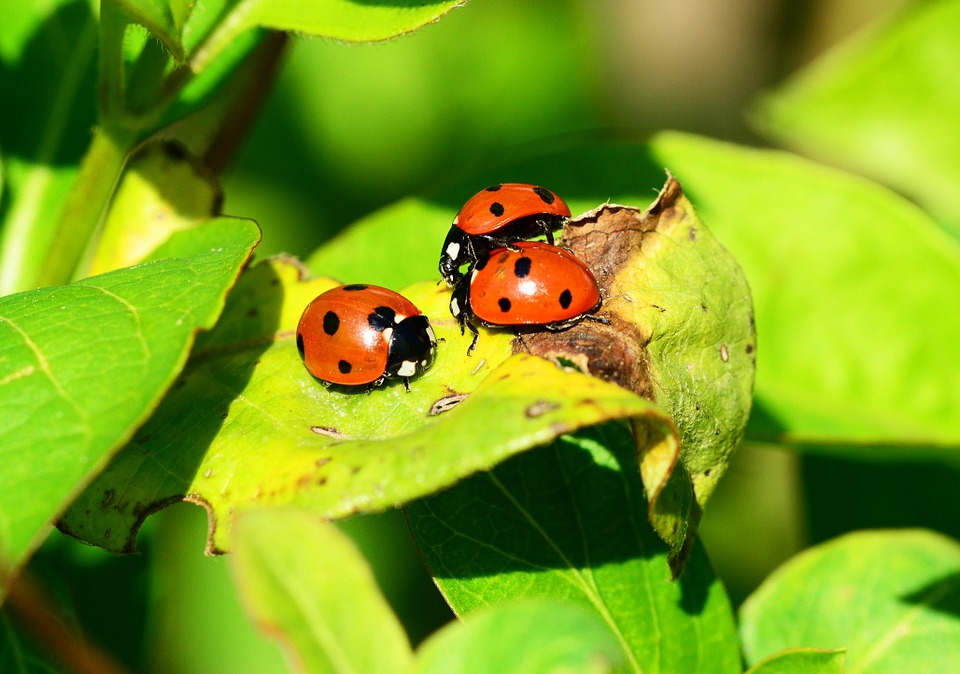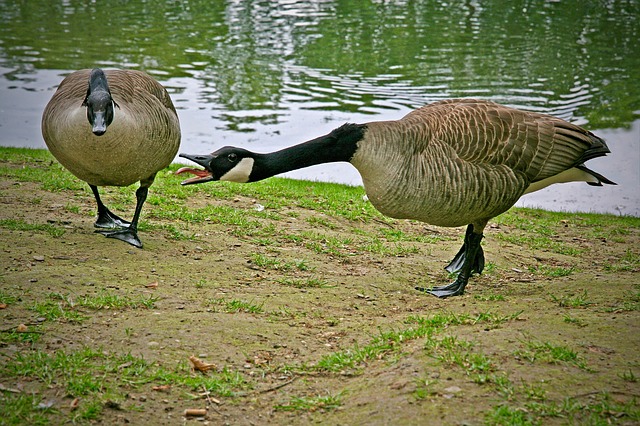
While there are many benefits to owning a pond, one of the drawbacks is dealing with pests. And whether big or small they can definitely be a nuisance. Here are some of the most common pond pests you’re likely to encounter along with the basics on how to deal with them efficiently.
Mosquitoes
Mosquitoes feed on blood and can leave you with itchy red marks wherever they decide to bite you. However, they can also carry some very serious bacteria, viruses, and parasites that cause diseases in humans. Some of these can even lead to death. These backyard pests actually lay their eggs in water and that means in ponds.
Luckily pond fish such as koi, goldfish, and guppies all will eat mosquito larvae on their own. And this will help to cut down the population of mosquitoes in your yard when they do. Mosquito fish are also sometimes added to ponds specifically for the purpose of consuming larvae and especially when mosquitoes have become a big problem.
Waterfowl
While they may not eat your fish, waterfowl such as ducks and geese can cause plenty of other problems. When these birds land in your pond they will undoubtedly make a mess not just in the water but all around the surrounding area. Their waste can also contain parasites that are harmful to your health.
These common pond pests can be deterred by using decoys made to look like predators such as coyotes, alligators, and foxes. A more elegant option are floating swan decoys, which waterfowl will avoid since swans will defend their territory fiercely.
Raccoons
Raccoons are well-known for their love of eating trash and their ability for being able to get into trash cans, even when they are closed. However, they also happen to be one of the most common and hard to deal with pond pests. Not only are they crafty but raccoons also have very agile paws which they can use just like hands.
Raccoons love to eat pond fish and can easily get through pond netting when they want they would like to have a fishy snack. Using a deterrent such as a floating alligator decoy or catching them in a live cage trap and relocating them are two efficient ways for dealing with these nocturnal troublemakers.
Muskrats
Muskrats are aquatic rodents. They won’t eat your fish but they will consume your plants. Their waste will also contaminate the water. And their burrows can cause structural damage to ponds and surrounding outdoor structures. When you have these pests in your pond filling in their burrows can help deter them from coming back. Live trapping and removal are also common solutions.
Herons
These large birds may be beautiful but they are also highly skilled predators. A single heron can eat large numbers of pond fish in a shockingly short period of time. They actually use their pointed beaks to spear the fish before swallowing them whole.
Herons are territorial when it comes to their feeding area and won’t allow another member of their species to land nearby. Therefore to help protect fish from being gobbled up, a heron decoy can be used as a deterrent to keep real herons away.
Birds Of Prey
There are many different species of hawks, falcons, eagles that prey on fish. And let’s face it pond fish are brightly colored and usually have nowhere to hide. This can make snatching one and flying away with it a very tempting idea for birds such as red-tailed hawks, ospreys, and even the famed bald eagle among others.
To keep your fish from seemingly disappearing without a trace, a net placed over the top of the pond can be used as a barrier. Of course, you’ll also want to provide your fish with plenty of places to hide if they are attacked from the sky above.
Aphids
Most people think of aphids as pests found only in the garden. However, aphids don’t just love to eat the sap of plants in the garden but also that of aquatic plants. In fact, they are one of the most common pests in ponds. To get rid of them you can simply spray plants down with the hose which will knock them into the water where fish can feed on them.
You can also dunk your plants underwater for the same result. Serious aphid infestations may require pesticides, to eliminate these pond pests. But remember never to apply pesticides to plants while they are in the pond. Plants should be removed, treated, and rinsed off before placing them in the pond again.
Start Shopping for Pond Pest Deterrents!
The Complete Alligator Decoy Guide
Buy on Amazon Trying to keep predators and pests out of your pond or pool can seem like an impossible task. It can be time-consuming, frustrating, and the damage they cause can be costly and messy. With an alligator decoy, you’ll be able to use their instincts against...
How To Keep Mosquitoes Away From Your Outdoor Living space
If you want to enjoy your outdoor living space during the warmer months without getting eaten alive by mosquitoes, then there is work to be done. Read on below to find out exactly how to keep these blood-sucking pests away from your backyard when the temperature heats...
Pest Control Planning-3 Methods That Are Safe For Your Home and Family
Just the thought of dealing with an infestation of insects or rodents can be enough to send homeowners into a panic. Yet at the same time, the idea of spraying dangerous chemicals on your property can also be unsettling. Fortunately, you don't have to compromise your...
4 Natural Ways to Pest-Proof Your Garden and Patio
Summer is fast approaching, which means it's time to plan out all the fun outdoor activities in your garden. Whether that's having a barbecue, starting a vegetable patch, or chilling in an outdoor pool, summer is the perfect time to take advantage of your garden and...
Green Tips for a Green Garden
Unwanted pests and unwanted weeds are always popping up in the garden. These can ruin flowers or other plants around the yard. Instead of using dangerous chemical pesticides as a means of pest control, there are organic alternatives that work just as well. Here are...
